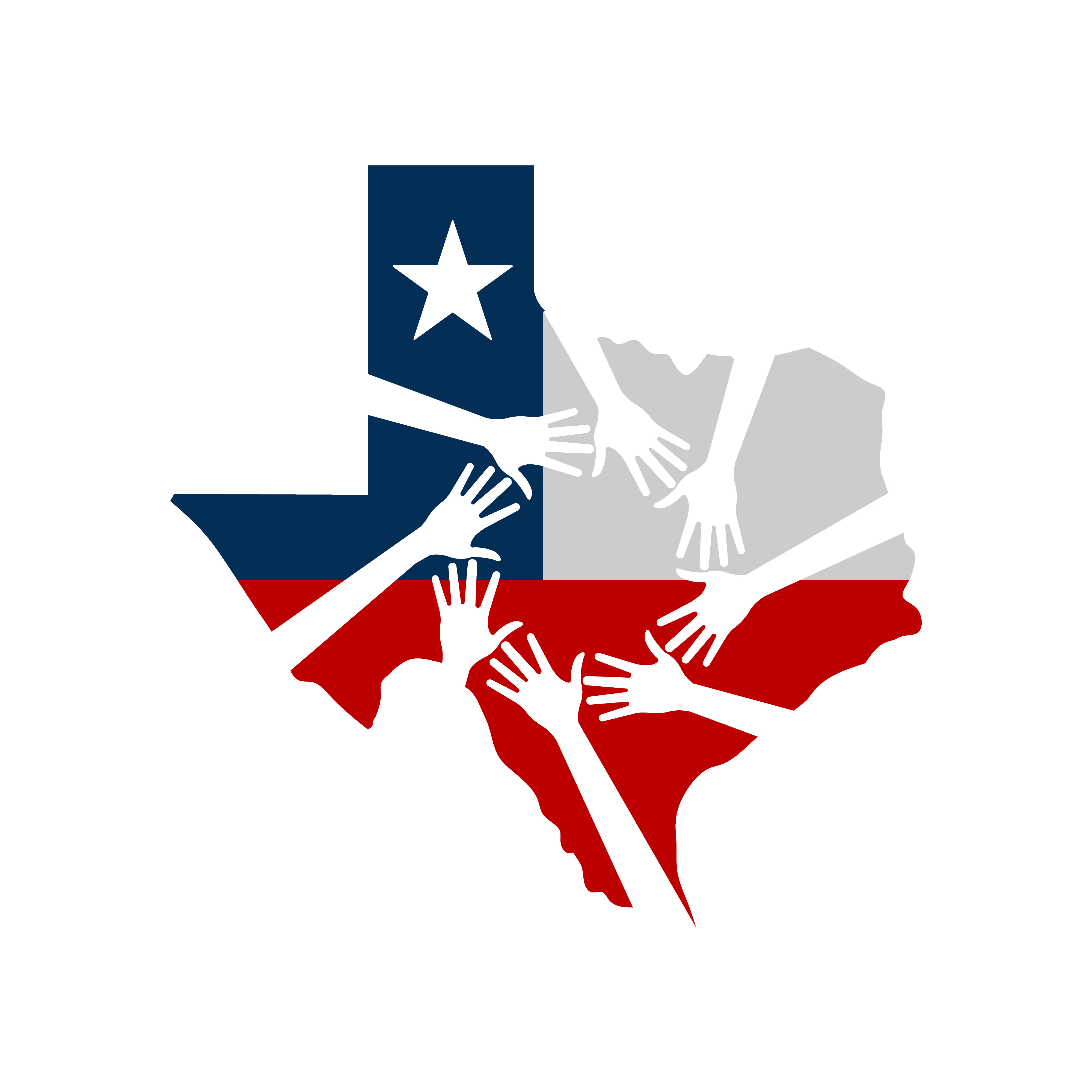The Independent Community Bankers of America (ICBA) is urging a strong and timely legislative response to Hurricane Harvey from Congress while recommending ways lawmakers can help community banks assist customers and communities in the rebuilding process.

“As providers of basic credit and other financial services needed to revitalize local economies, community bankers inside and outside the disaster zone are contributing to the recovery effort as a humanitarian imperative and a matter of national economic importance,” ICBA President and CEO Camden Fine wrote in a letter to members of Congress. “Congress and public servants at all levels know the urgency of stabilizing and rebuilding this vital region. Swift and decisive action is needed to help flood victims and to restore the local economy.”
ICBA is recommending that lawmakers raise bank-qualified bond issuance limit to $50 million and establish special bond issuance — $10 billion in tax-free “Harvey redevelopment bonds.”
Among its other suggestions, ICBA is asking Congress to authorize an additional $10 billion in Small Business Administration-guaranteed disaster loan authority, appropriate $150 million to the SBA 7(a) loan program to lower fees for Harvey-related lending, increase existing SBA 7(a) lending authority level by $5 billion, significantly increase funding for USDA guaranteed farm and rural development programs, and raise the Federal Reserve’s Small Bank Holding Company Policy Statement limit from $1 billion to $10 billion for financial institutions that serve the disaster area. It is also recommending that Congress allows 40 percent tax credit for up to $10,000 in wages paid by Harvey-zone employers, allows 5-year net operating loss (NOL) carry back for financial institutions in disaster areas, and waives taxes on interest earned from rural mortgage and agriculture real estate loans in the Harvey disaster area.
ICBA also sent a letter to Treasury, federal banking agencies, and the Consumer Financial Protection Bureau, which outlined several recommendations to ensure the continued flow of cash and payments throughout the hurricane-affected communities.